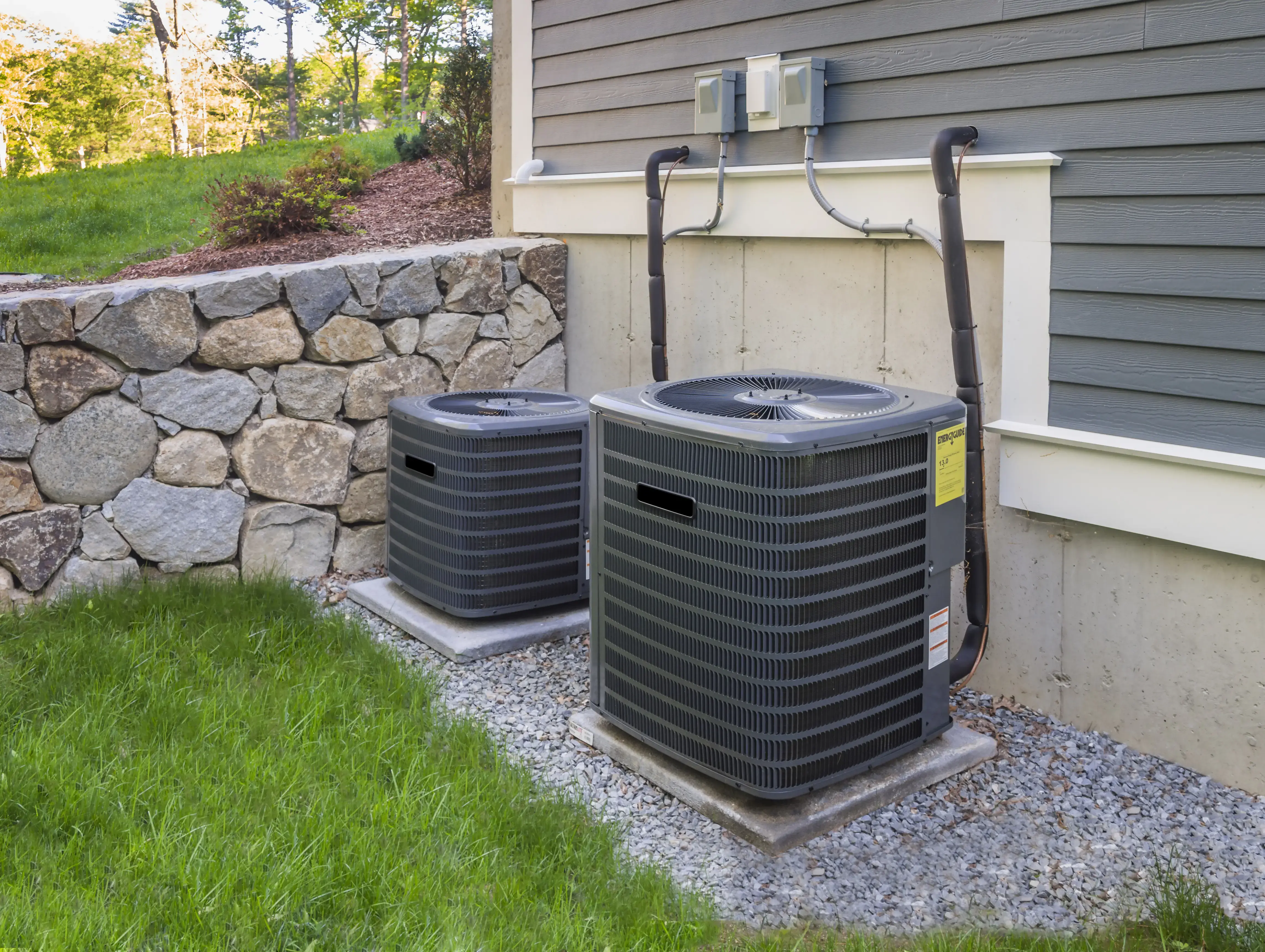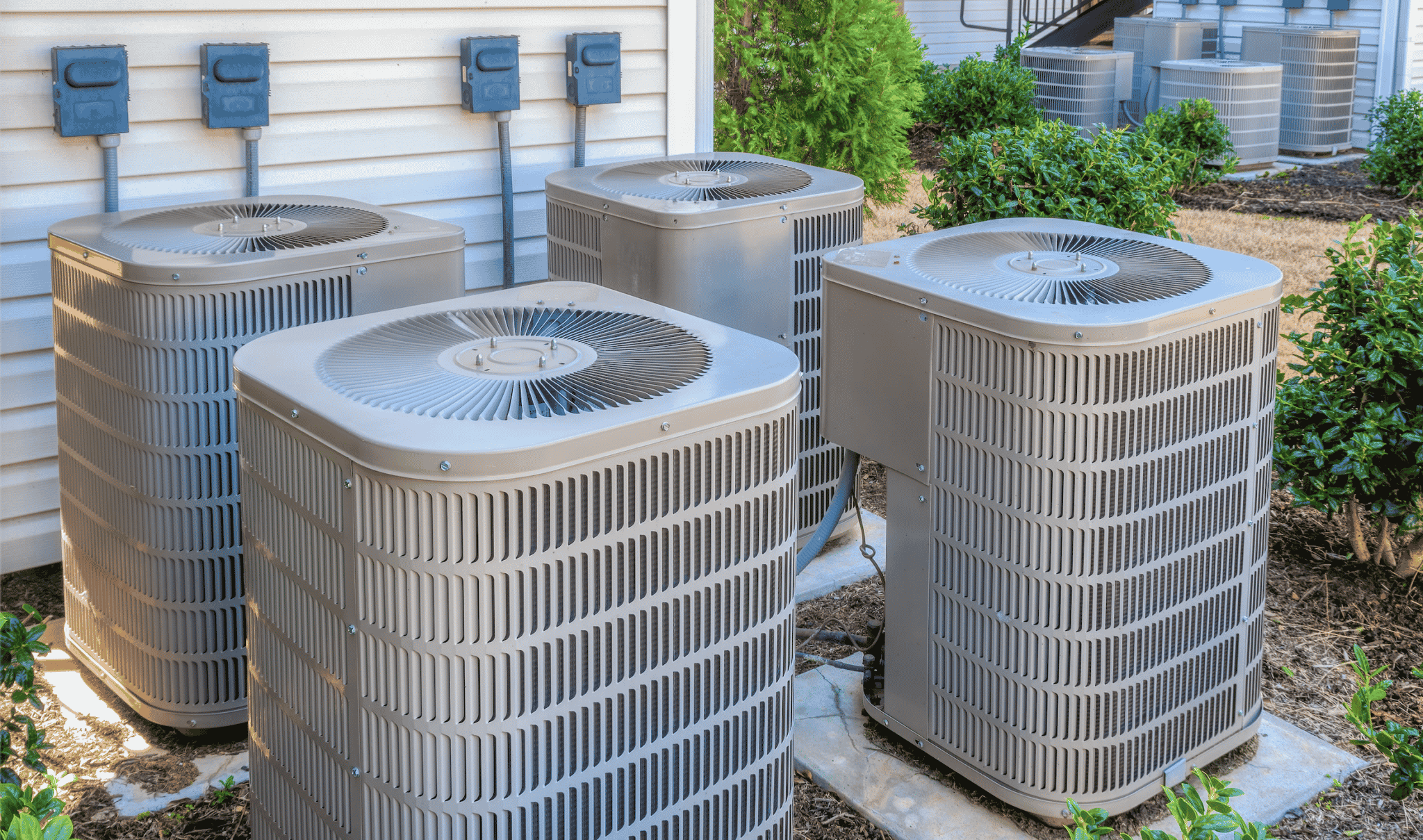Learn how HVAC experts keep your system operating at peak performance
Comprehending the Different Kinds Of HVAC System for Ideal Efficiency
Understanding the various sorts of heating and cooling systems is essential for property owners aiming to enhance comfort and energy efficiency. Central air conditioning systems provide uniform temperature control, while ductless mini-split systems use adaptability. Heatpump supply reliable year-round environment monitoring. For smaller rooms, home window and mobile ac unit act as sensible remedies. Geothermal systems make use of constant underground temperatures for sustainable home heating and cooling. Each alternative holds unique benefits, prompting a closer examination of which may fit individual needs best.
Air Conditioning Equipments
Although lots of house owners seek ways to boost indoor convenience, comprehending central air systems is important for effective environment control. Air conditioning operates by flowing cool air via a system of air ducts, dispersing it evenly throughout the home. This kind of system consists of numerous essential parts, including an exterior compressor, an indoor evaporator coil, and a network of ductwork.
The compressor cools down cooling agent, which then soaks up heat from indoor air as it passes via the evaporator coil. This cooled air is pressed with the ducts and right into living rooms, ensuring a consistent temperature level. Central air conditioning systems are understood for their effectiveness, commonly using programmable thermostats to optimize energy usage. Routine maintenance, such as filter changes and system checks, is crucial to assure durability and efficiency. Understanding these elements aids house owners make informed decisions regarding setup and maintenance, eventually improving convenience and power efficiency in their homes.

Ductless Mini-Split Systems
Ductless mini-split systems provide a versatile option to standard central air, providing to homeowners seeking efficient climate control without the need for substantial ductwork. These systems include an outside compressor unit and one or more indoor air-handling units, enabling targeted cooling and heating in certain locations or spaces. This zoning ability enhances comfort by enabling customers to readjust temperature levels based upon private preferences, eventually resulting in energy savings.
Installation is typically simpler and less invasive compared to ducted systems, which can be helpful for older homes or areas with restricted structural modifications. Additionally, ductless mini-split systems typically feature energy-efficient technologies, such as inverter-driven compressors, which optimize power usage based on demand. Their compact layout likewise allows for numerous positioning options, making them optimal for tight or non-traditional spaces. Consequently, ductless mini-split systems have acquired appeal among homeowners searching for contemporary, efficient HVAC remedies.
Warm Pumps
Heatpump stand for an energy-efficient and versatile alternative for both heating and cooling residential rooms. These systems operate by moving warm instead of creating it, making them particularly reliable in moderate environments. During warmer months, heatpump remove heat from inside and release it outside, giving cooling. On the other hand, in winter, they reverse this process, attracting heat from the outside air or ground to heat the inside.
There are 2 main types of warmth pumps: air-source and ground-source (or geothermal) Air-source heat pumps are more common as a result of their simpler setup and reduced initial cost, while ground-source designs boast greater performance and security in performance. In addition, heat pumps can especially decrease power bills and carbon footprints when compared to standard heating approaches, making them a green choice. Generally, heatpump stand as a compelling remedy for home owners seeking efficient climate control throughout the year.
Window and Portable Air Conditioners

On the other hand, portable a/c provide flexibility, as they can be easily relocated from area to space. These units usually need a venting kit to exhaust warm air with a home window, yet they offer a practical option for temporary cooling needs.
Both kinds of a/c appropriate for tenants and those seeking to avoid extensive setup processes. Customers need to consider factors such as BTU ability, energy efficiency rankings, and noise degrees when choosing a device to ensure peak performance for their particular space and air conditioning demands.
Geothermal Heating & Cooling Equipments
As power effectiveness becomes increasingly important, geothermal heating & cooling systems have obtained popularity for their lasting technique to climate control. These systems use the secure temperatures discovered below ground to give home heating in winter and air conditioning in summer. By harnessing the earth's natural thermal energy, geothermal systems considerably lower dependence on nonrenewable fuel sources and reduced energy costs.

Moreover, geothermal systems generally call for less upkeep contrasted to conventional HVAC systems, resulting in lasting financial savings - HVAC experts. With boosting understanding of environment adjustment, these systems stand for a forward-thinking service for those looking for efficient and green heating and cooling alternatives
Often Asked Inquiries
Exactly how Typically Should I Solution My HVAC System?
HVAC systems should preferably be serviced twice a year, when in the springtime and as soon as in the loss. Regular upkeep assists ensure effectiveness, lengthens life expectancy, and prevents costly malfunctions throughout peak usage periods.
What Dimension Heating And Cooling System Do I Required for My Home?
Identifying the suitable dimension for a heating and cooling system needs determining the home's square video, insulation high quality, and climate. A professional analysis guarantees maximum efficiency, comfort, and energy cost savings customized to the particular requirements of the house.
Can I Install an A/c System Myself?
Mounting a HVAC system independently is feasible, however it calls for technological understanding and abilities. Blunders can cause ineffectiveness or safety hazards, so speaking with an expert is typically recommended to guarantee appropriate setup and compliance with guidelines.
What Are the Indicators My Heating And Cooling System Demands Repair Service?
Signs that an a/c system needs repair here work consist of uncommon noises, irregular temperatures, raised energy expenses, unpleasant smells, and regular biking. Prompt interest to these signs can prevent additional damage and assurance peak system efficiency.
Exactly How Can I Improve My a/c System's Energy Performance?
To improve a/c power effectiveness, one need to regularly replace filters, seal ducts, mount a programmable thermostat, warranty proper insulation, and timetable regular maintenance checks. HVAC experts. These activities collectively improve efficiency while decreasing power consumption and expenses
Central air conditioning systems give consistent temperature level control, while ductless mini-split systems offer adaptability. Central air conditioning runs by distributing cool air with a system of ducts, distributing it uniformly throughout the home. Central air conditioning systems are recognized for their performance, usually using programmable thermostats to maximize energy usage. Ductless mini-split systems offer an adaptable option to conventional central air conditioning, providing to home owners looking for effective environment control without the demand for substantial ductwork. Geothermal systems typically need less upkeep contrasted to traditional A/c systems, resulting in lasting cost savings.